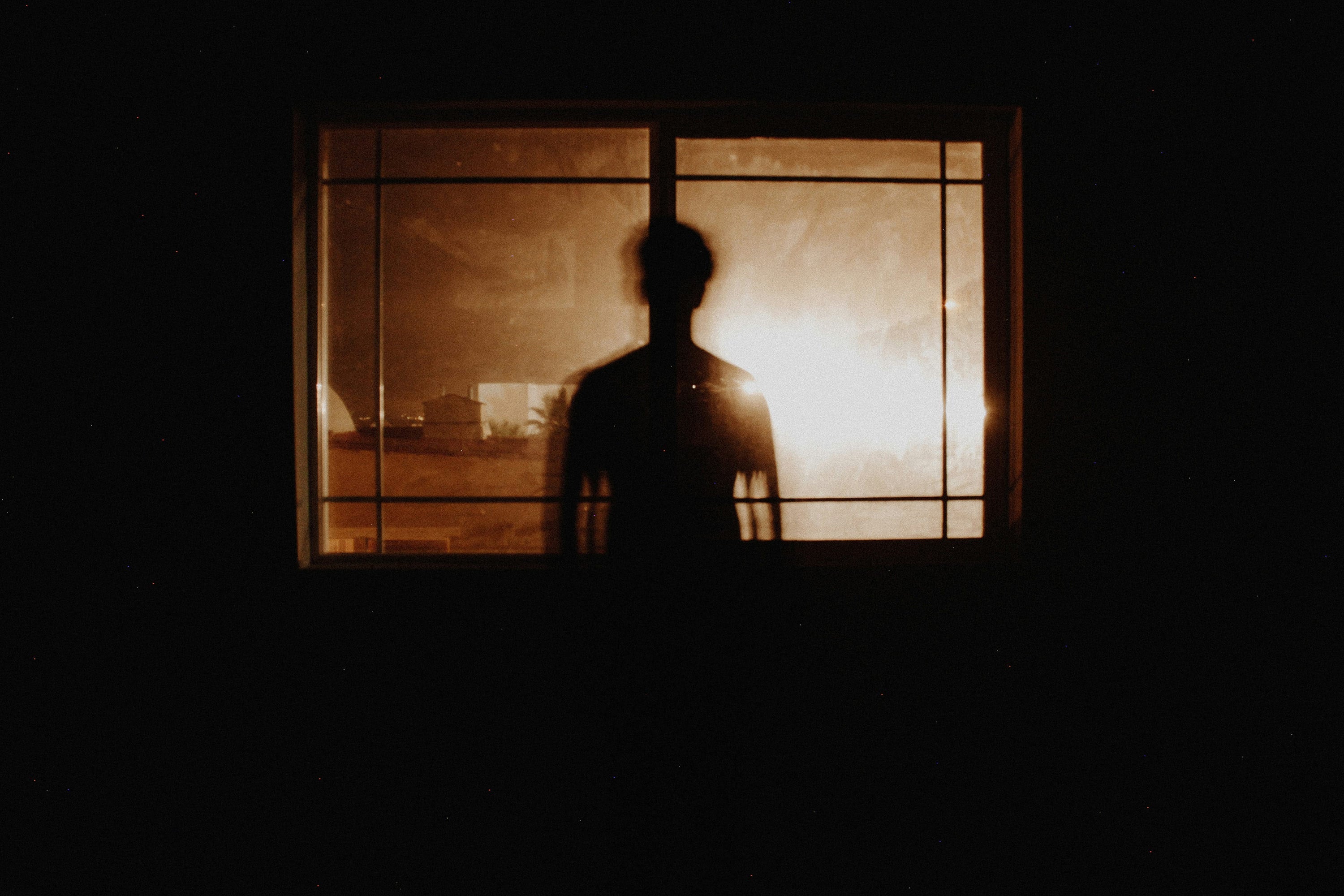The Link Between Focus and Mental Health


Not everyone understands the link between focus and mental health.
Take me, for example. As a kid, I had a hard time focusing. I was tested for ADD and ADHD but was told that neither was my diagnosis. I went through grade school and high school as a mostly C student, working with a million tutors and constantly being put down for my academia. I was also put into disability classes and given extended time to take tests. And while that sounds wonderful now, it was beyond embarrassing. While my friends were taking AP courses, I was overwhelmed by how below-average my brain was.
That said, my mental health was rocked and my anxiety was at an all-time high. A lot of times, most people consider focus to be a learning issue and not intrinsically linked with mental health. But that’s just not true. “A lack of focus can impact self-esteem,” said Annie Armstrong Miyao, LA-based psychotherapist. “We’re told we’re supposed to be able to move through the world in a particular way. And if you can’t move through the world that way, there’s something wrong with you. If something feels really hard, then you create worry and stress, which can lead to anxiety. It can also wear a person out, like their nervous system, because they are working extra hard to try and focus.”
When a kid, teen, or adult is made to feel as if they need to fit in a narrow construct, it can be difficult to feel worthy or confident. School or certain work environments can be stressful or overstimulating, which can also lead to a lack of focus. “There are other things that play into a lack of focus, like an ADD, or an ADHD diagnosis,” Armstrong Miyao added. “Some of it is neurochemical. But some of it is environmental. By that, I mean there are certain systems that we’re supposed to abide by if a child is experiencing a lot of stress at home or someone has been through something traumatic. Your ability to stay present is really hindered. And so what might look like hyperactivity might be a child or an adult who is having a hard time feeling safe.”
Dr. Patti Kim, Naturopathic Doctor and Acupuncturist, brought up another important aspect of the link between focus and mental health. “Especially as women, there is a lot of guilt and shame around productivity,” she said. “There’s a little bit of the comparison game, and feeling there is this overarching culture that we live in of normal productivity, getting ahead, moving up the ladder. Building your business, all of that stuff. Then there’s so much negative self-talk, and it becomes this snowball effect. Mental Health can be purely physical, but how we speak to ourselves, how we look at ourselves, and how we look at the world, is also going to have a little bit of a lens of how it affects our emotions and our mental health.”
Finding your focus requires patience. It doesn’t always mean ingesting something, but maintaining a routine and finding things that make you feel good. “We all deserve to be living in a balanced state in terms of our bodies and our minds,” noted Kim. “There are many cultures and home environments and families where if you just let that person be in their uniqueness, it’s not a bad or shameful thing.”
Dr. Hemalee Patel, doctor of osteopathic medicine, believes the link between mental health and focus hasn’t been normalized, but it's more accepted. “I see a lot more people coming in asking how can I improve my productivity,” she said. “Can you give me something so that I don't have the issue anymore? It's still embarrassing for them and there's still shame around it. There are people who should be clinically diagnosed with ADHD. But there are a lot of folks who claim they have ADHD, but if you ask them why, they say they need it because they can't concentrate at work. There's a very big distinction and it does a disservice to the people that actually need it. It takes away from the issue and waters down the problem.”
— Jayme Cyk